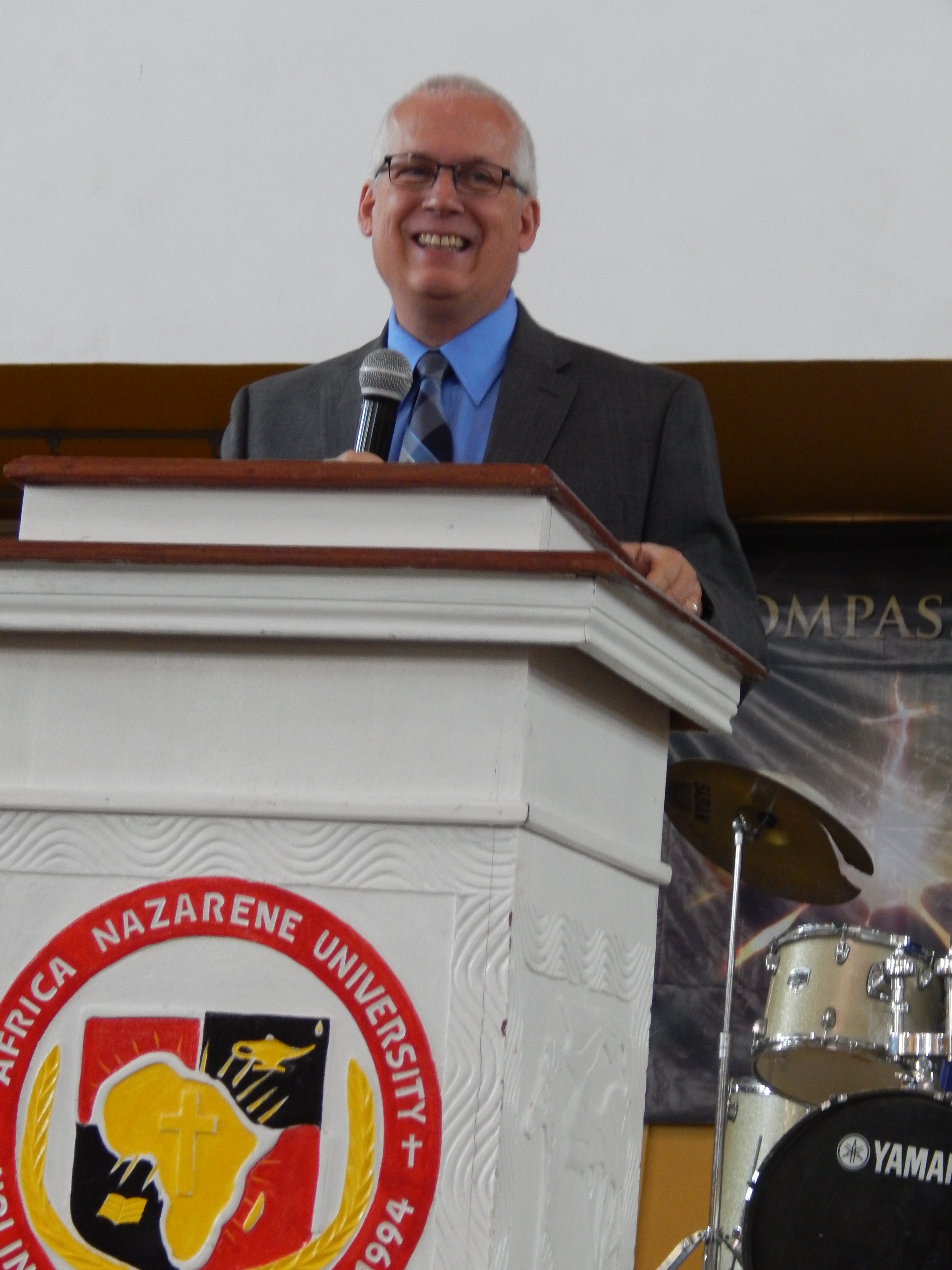Jesus had a lot to say about mercy. Luke 6:38 is one of the best known passages:
Give, and it will be given to you. They will pour into your lap a good measure – pressed down, shaken together, and running over. For by your standard of measure it will be measured to you in return.
Now wait just a minute! I thought this verse had to do with giving our resources. Give a little, and you’ll get a lot. (How many times have we heard this referenced in relation to tithes and offerings?) But when you read the verse in its context, Jesus isn’t talking about money; he’s talking about mercy. Just two verses earlier, Jesus says: “Be merciful, just as your Father is merciful.” Rather than judging or condemning (v. 37), “give” (extend) mercy. I can do this when I realize that the speck in my brother’s eye is nothing compared to the log in my own (v. 42).
Sometimes we consider “mercy” to be synonymous with “grace,” and indeed they are in the same word family. When seen from God’s perspective, grace is God giving us something we do not deserve, but mercy is God not giving us something we deserve.
Mercy can be unsettling. How often when something bad happens to a nasty person do we think: “They got what they had coming to ’em.” Sometimes we’ll boil it down to one word and simply say: “karma.” Reaping what you sow was the theology underlying the responses of Job’s friends when his world fell apart. In so many words, they said: “These hard times look a lot to us like chickens coming home to roost, Job. Fess up – what sin have you committed that would have earned you this comeuppance?”
But Jesus wasn’t content to keep the discussion on the vertical plane, i.e. between God and the individual. Instead, his teaching moves to the horizontal plane, looking how we as human beings treat each other. “Be merciful,” he says, “just as your Father is merciful” (v. 36). When Jesus says in v. 38 that the “standard of measure” used will “be measured to you in return,” this has nothing to do with give $ 1,000.00 and you’ll get that and more back. Rather, he is saying if we want to receive mercy, we first must give it.
For Steven McDonald, a Christian, that path to mercy ran through forgiveness. McDonald was a New York City police officer. On patrol in 1986, he was shot by a 15-year-old boy, Shavod Jones. Though McDonald lived, he was paralyzed from the neck down. All of his daily needs had to be cared for by others. He could no longer hug his wife or his young son. Over time, he learned to forgive they boy who had shot him, and wrote to him in prison to tell him so. McDonald spent the final years of his life traveling and speaking about forgiveness. How could he forgive? It took years, but eventually McDonald concluded: “I forgave Shavod because the only thing worse than receiving a bullet in my spine would have been to nurture revenge in my heart.” (Read the whole story here).
The forgiveness that McDonald showed toward Jones was lavish. Though he could have wished for Jones to suffer in the same way he had inflicted suffering, McDonald chose the much harder way of mercy and forgiveness. I’d like to think that we – in a similar situation – could do as much.
There’s so much we have done that merits heaven’s punishment, yet God in Christ has been merciful to us. Paul says: “While we were still sinners, Christ died for us” (Romans 5:8). What mercy! May the Lord help us show the same attitude toward those who have wronged us, hoping and praying that they, too, might come to know the only One who could possible enable us to react that way.
_____________
All Scripture quotations are from The New American Standard Bible (2020, Lockman).

 Note to the reader
Note to the reader